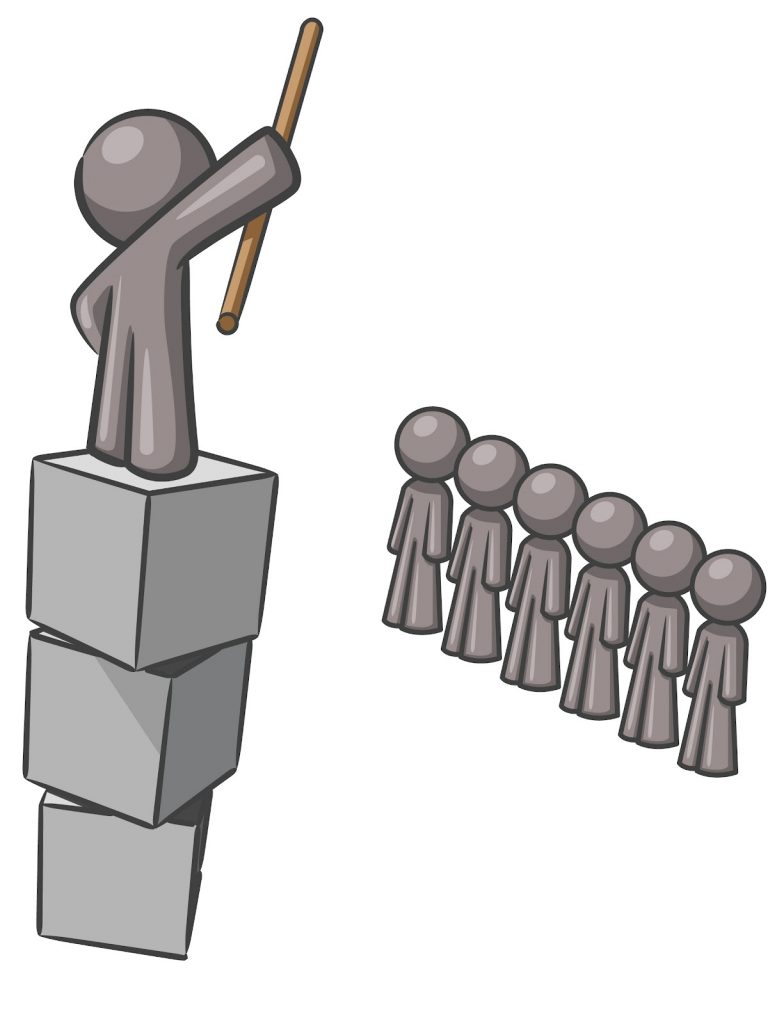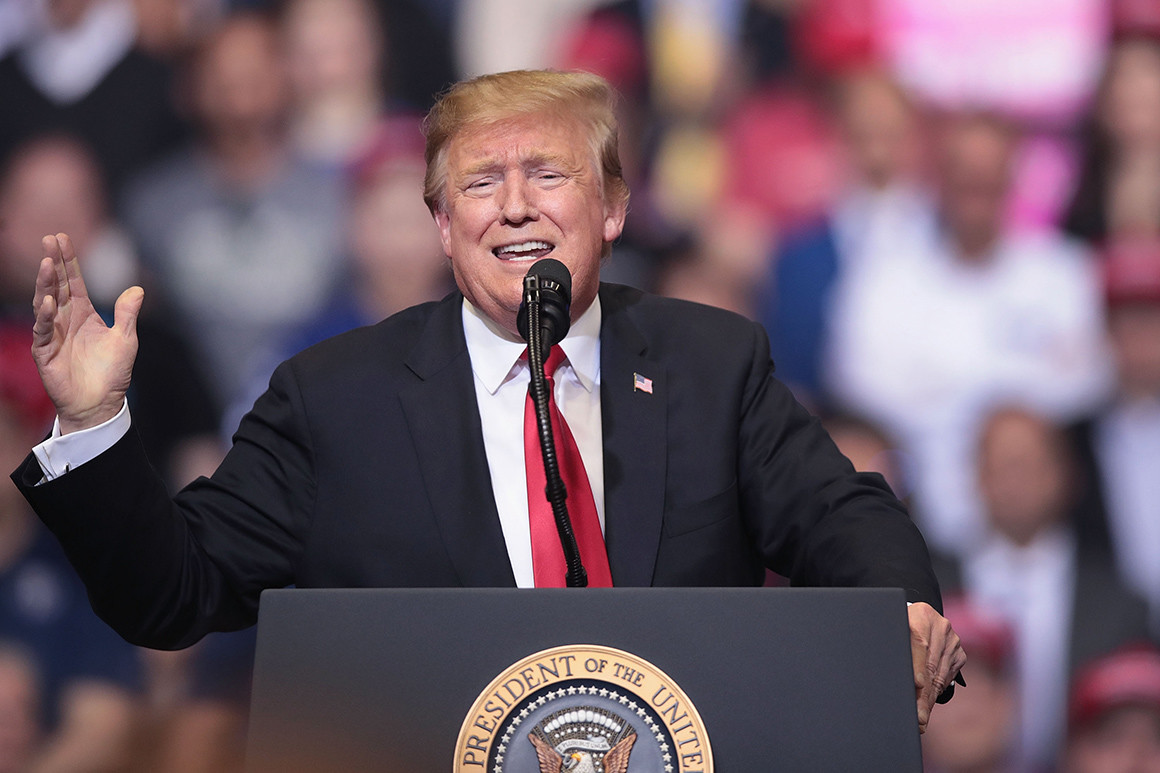Though I hated the compulsory study of Latin while in school, some of the language must have rubbed off, because I like looking up the Latin roots of English words.
Take the word authority for example. It comes from the Latin word ‘auctoritas,’ meaning opinion, decision, power. That covers a wide territory, since those are all very different things.

As Trump continues to abuse the authority of his office, a Latin phrase that he would never understand also comes to mind: Primus inter pares. It means, “First among equals.”
That used to be a very American sentiment, but is about as far from Trump’s governing approach as a president as can be. Trump’s attitude, in business and now, unfathomably, as president, remains: ‘I have the power, and demand loyalty of those who serve me.’
To be “first among equals” means that decisions are made not out of hierarchical power, but out of mutual respect as well as the authority of the office. It doesn’t necessarily imply consensus, but it does imply that no office or authority confers power over others, much less superiority and power.
At what point does disrespecting the office destroy the intent of the founders? I don’t know, but we’ve crossed into desolate territory with Donald Trump.
Trump’s obvious inferiority as a human being is constantly on display with his absurd pronouncements of superiority. He again embarrassed himself and America in Michigan on Thursday by his childish and churlish remarks.
Referring to Democrats, the media, and the “deep state,” the buffoon said, “They’re the elite. I’m not. Well, I have a better education than them. I’m smarter than them. I went to the best schools. They didn’t. Much more beautiful house. Much more beautiful apartment. Much more beautiful everything.”
Ultimus inter stultus. Lowest among fools.
The presidency of the United States was designed to be not just a co-equal branch of government, but an office in which primus inter pares carried the day.
To be sure, decisions fell to one man in a male-dominated power structure. But the best presidents knew that they usually weren’t the smartest person in the room, so they listened intently before making a decision. Trump listens to nothing but his own gut instincts, which have been dragging America into the gutter.
Breakdowns in society such as we’ve been experiencing and enduring in the United States affords the opportunity to reexamine first principles. When the highest office in the land becomes a fetid swamp of corruption, we are compelled to ask: Does authority always involve power, or is there authority without power?
Lord Acton’s truism–“power tends to corrupt and absolute power corrupts absolutely”–appears to be valid, but inapplicable in the real world. Is that because we automatically equate and conflate authority with power?
Parents are necessarily the authorities in the family, and children need to obey their parents as long as the live under their roof. Parental authority is not based on power however, but simply on their position as parents. When their authority is based on power, parents inevitably abuse their authority.

It’s the same with police. Citizens in a democracy respect and obey the authority of the police not because they can club or jail us if we don’t. That’s a police state. Rather, the police are respected when properly exercising their authority because they have the responsibility to “protect and serve” based on the rule of law.
Force is a last resort, not the foundation of a policeman’s enforcement authority. Force is foundational in police states, not in democratic nations that govern and maintain order through the rule of law.
That’s why when a cop kills a black young man that’s walking or running away from him, he’s not just acting criminally; he’s acting out of a racist power structure and destroying the rule of law.
When people in authority rely on power at any level and however subtly, they corrupt not only themselves, but also the institution and society they represent.
Therefore police, like parents, can’t abuse their power; they can only abuse their authority. Power is inherently coercive and ultimately violent, and a nation based on power breeds disrespect, inequality and criminality. That’s the country America has become, and always has been to some degree.
Can we see the way ahead, and revive the American tradition of respecting authority while decrying authoritarianism? Only if we gain a much deeper understanding of power, and see how corrupt we’ve become as a nation and culture.
Martin LeFevre

